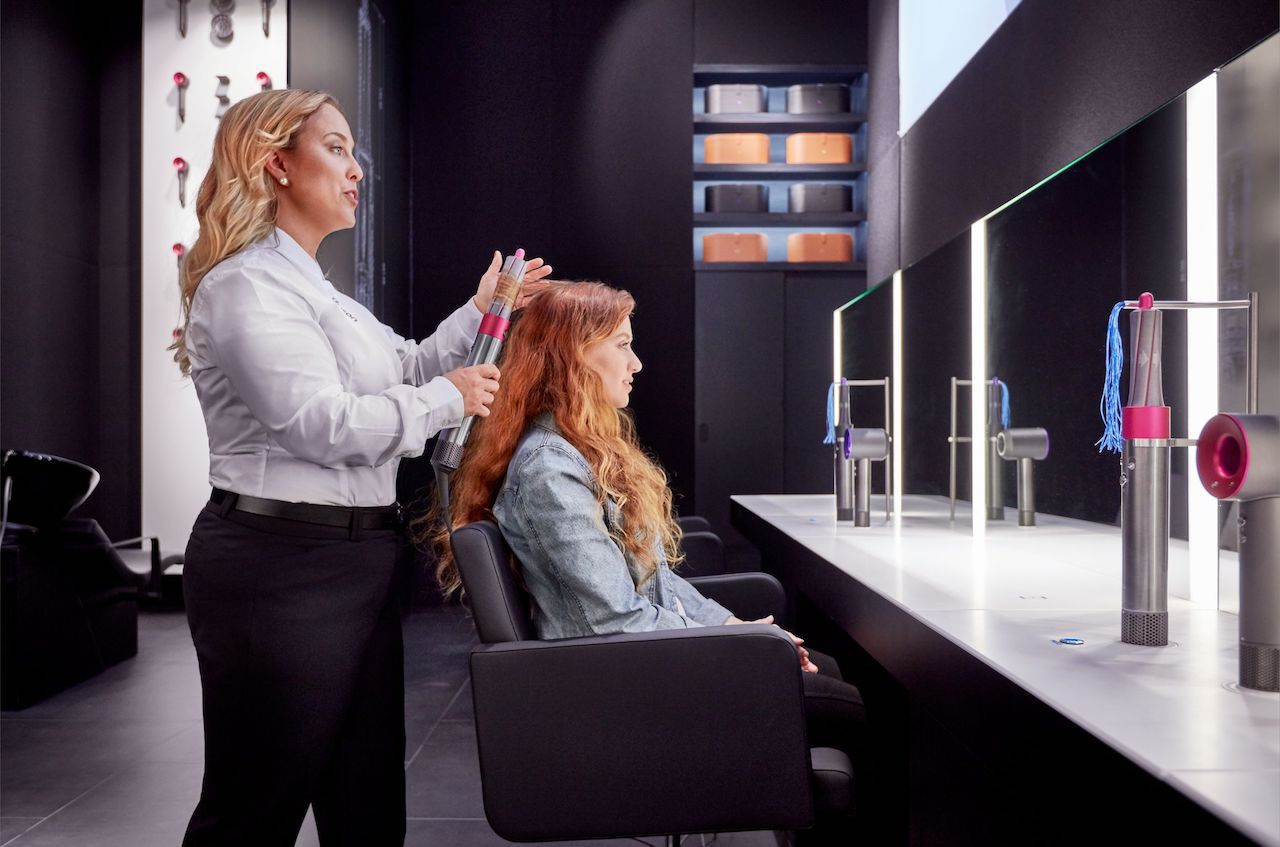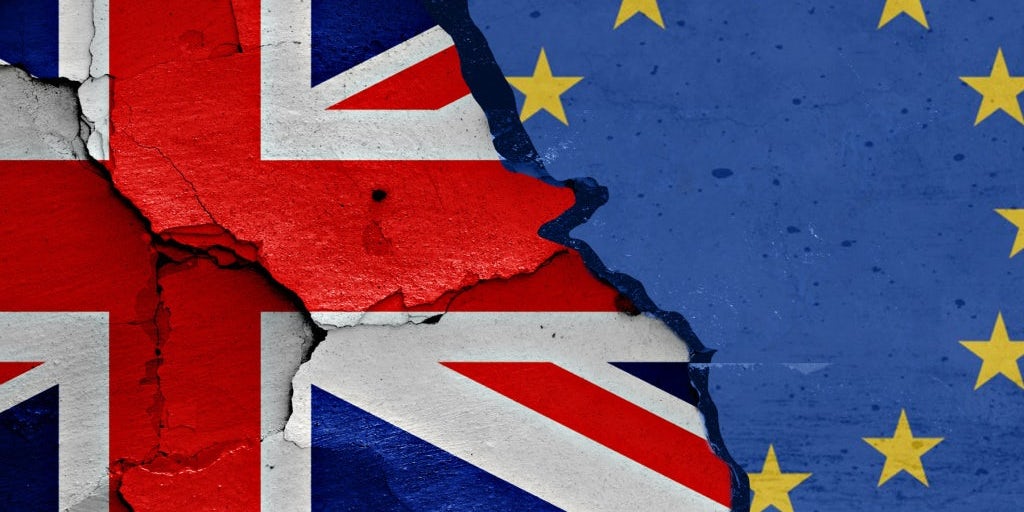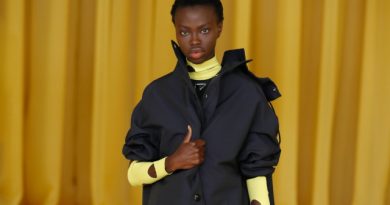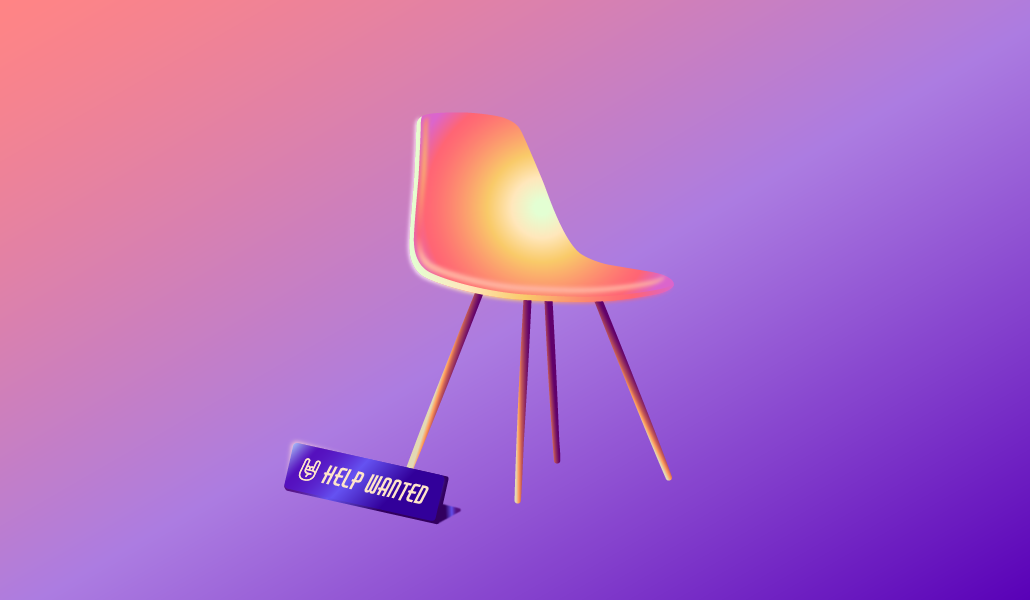Beauty & Wellness Briefing: Dyson invests $500 million in hair care
This week, I take a look at Dyson, which announced a $500 million investment in hair-care research and innovation amid a boom in the hair-care sector. Let us know what you think of Dyson’s hair-care efforts in our new comments feature at the bottom of the page.
Dyson is putting its money where its mouth is, regarding hair care.
Pledging a $500 million investment into hair-care-focused research, retail and product development over the next four years, the company is doubling down on its commitment to address hair from a health perspective. Since 2019, Dyson has sought to remodel itself into a “well-being” company.
Through this investment, Dyson aims to become a worldwide resource for and authority on data, consumer habits and proprietary insights surrounding hair overall, with a focus on hair health. Dyson will launch 20 products, including product attachments, over the next four years. It will also open several research labs, though the number and timeline is unclear. Dyson reported $6.88 billion in revenue for 2021, an increase of 5% year-over-year, with profits rising 16% to $1.72 billion. In 2022 alone, the company is investing nearly $700 million across its portfolio into technology, facilities and laboratories.
With the launch of its Supersonic hair dryer in 2016 to widespread acclaim, Singapore-based Dyson has leapfrogged into the heart of the beauty industry and zeitgeist. It followed up with the Airwrap multi-styler and Corrale straightener in 2018 and 2020, respectively, and a 2.0 version of the Airwrap launched in 2022. It has since further invested in retail, including with standalone Demo Stores and a new Beauty Lab store, launched within Saks Fifth Avenue’s Bal Harbour, Florida location in October. Dyson products are also sold through Sephora, Bed Bath & Beyond and Best Buy, among other retailers.
“How we’re going to divide this investment in the next couple of years is going to be a multi-pronged approach, with a lot of focus on continuing to pioneer in hair or health technology,” said Jessica Schinazi, regional president of Dyson Americas. She declined to detail the upcoming product launches or share a timeline, but said there will be an emphasis on products and attachments that address the diversity of hair types.
Feeding into that product development are several research labs across the globe. Dyson runs research in Singapore, the U.K. and the Philippines. Schinazi declined to specify how many new labs there will be. She said machinery such as scanning electron microscopes, thermal cameras and airflow laser smoke machines are being used by Dyson engineers to better understand the impact of hair damage, the global hair types and the effects of high-speed airflow.
Coinciding with the investment news is Dyson’s reveal of a 23,000-person study conducted in 2022 revealing consumer hair concerns, like dandruff and hair loss, practices within hair routines, like styling and washing, and Covid-19’s impact on hair and routines. Sam Czerpak, head of hair-care category integration at Dyson, said the purpose of the research was threefold: to provide insight for future product development, to demonstrate Dyson’s commitment to research and to help provide benchmarks to demonstrate future product efficacy.
“There’s a huge opportunity in hair care because there are still so many problems to solve. We know style is paramount, but people make compromises to style their hair,” said Czerpak. “We want to ensure that we cover the complete range of hair-type and -style diversity.”
The timing of Dyson’s investment illustrates the massive potential for hair-care innovation, as well as hair care’s designation as a high-growth category. According to NPD data, hair care continues to be the smallest yet fastest-growing category in the beauty market. In the second quarter, prestige hair care grew 24% to $781 million, and sales revenue grew across almost all hair-care segments, including hair care, hair styling and hair color. Schinazi said she has observed a customer shift from thinking about hair only in terms of styling to also considering health and self-care. It’s given way to topics like scalp care, with the Dyson study revealing that 26% of respondents associate a healthy scalp with a healthy hair appearance. Six in 10 global respondents said, between 2020 and 2022, they changed their hair habits due to the pandemic. Meanwhile, 17% of respondents said they’re now styling their hair less, and 9% said they’re using fewer hair products.
When new Dyson products do finally launch, they’ll have a dedicated retail space. Schinazi said there are plans to open several Beauty Lab stores across the U.S. in 2023, but that plans are not finalized. And services are built into the Beauty Lab concepts. For example, people can book a hair styling appointment to see how the products perform while wet-to-dry styling and receive hands-on education to recreate the style at home. Appointments are priced at $50, and the cost will be waived with the purchase of a Dyson product of more than $299 at the time of service.
“We’re forging our own path by creating things that don’t exist yet. It’s not for the sake of doing something different; it’s always authentic. If we don’t believe in it, how can we expect anyone else to believe in it?” said Czerpak. “This next phase will hopefully change the game again.”
Inside our coverage:
Beauty brands won out on travel retail in 2022.
Prestige beauty sales are waning.
Melissa Wood-Tepperberg relaunches namesake brand.
What we’re reading:
Ronald Lauder plays the political kingmaker.
Nest fragrances has a new but familiar home.
Sephora eyes Europe and the Middle East for growth.





